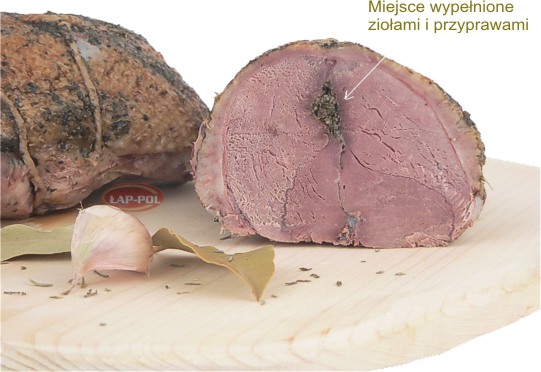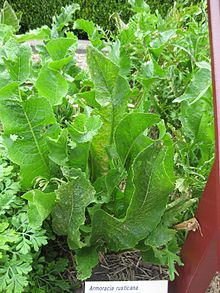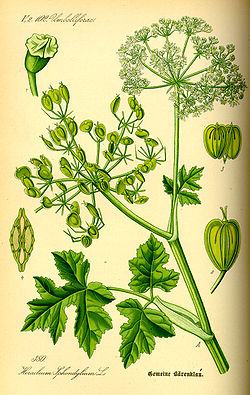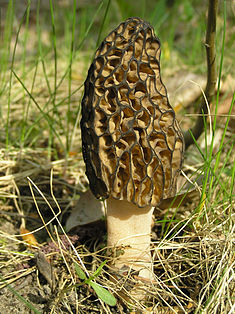History /
Where did the power of Poland vanish to, since... let`s say, some 300 years ago? [180]
the second or third european university was built in Poland and so on and so forth.
Well, I would not claim that much, because:
Main School of Kraków (later Kraków Academy, and then Jagiellonian University) was established in 1364 but it quickly went down in 1370, after the death of Casimir III the Great, only to recover in the year 1400. So, depending on which year we take as its origin, it is either the 17th or the 20th oldest university in Europe. Poles like to brag that it is the second oldest one in Central Europe, after the Charles University in Prague (1348). University of Vienna (1365) is also from Central Europe, isn't it?
en.wikipedia.org/wiki/List_of_oldest_universities_in_continuous_operation
The first artillery book Artis Magnae Artilleriae pars prima was written by a Pole and remained the basic such book for 200 years
The author of Artis Magnae Artilleriae, Kazimierz Siemienowicz, was indeed a citizen of the Commonwealth, but he was more likely a Lithuanian/Belarusian than a Pole. And I do not think the Artis Magnae Artilleriae was the first artillery book ever written - it was just a very good book, translated into several languages. There were many artillery books written before, especially in Italian.
For example, Andrew Della-Aqua, a Venetian, a self-taught swindler and impostor, with no clue about geometry and mathematics, wrote two books about artillery: "About the Assembly and School of Gunners of His Majesty the King Zigmunt III" (printed in 1623) and "Praxis ręczna działa" (A manual operation of a gun) [manuscript only, 1637]. And he was handsomely paid for them.
You can read about it in "Historya Artyleryi Polskiej" (History of Polish Artillery) by Konstanty Górski, Warsaw 1902. (available on line from the Digital Library of Wielkopolska.
Górski leaves no shade of the doubt that Della-Aqua, although an apparent erudite, had only a superficial knowledge of the subject. His many illustrations and explanations in his manual seem to be a result of compilation of fragments taken out of context from some Venetian artillery books - combined with his own fuzzy and nonsensical explanations.
Poland between XV and XVII centuries developed tactics which shaped european warfare much in the same way as later Sweden would, the innovative tactics and strategy, the use of artillery and fortified mobile camps, gun teams, stormtroopers et cetera.
Poland indeed may lay claim to some innovative military tactics, strategy and commanders:
Hetman Jan Tarnowski, Krzysztof Arciszewski, Kazimierz Siemionowicz, generals Przyjemski, Krzysztof Grodzicki, etc.
But those were the times where everyone was borrowing words, technology and commanders. Just to name a few:
- "cejgwart" (from German word "Zeugwart" - a commander of gunners and of an arsenal
- "cekauz" or "cekhauz" (from German "Zeughaus" - combination of "Zeug" (fabric, cloth, tool, equipment, weaponry) and "Haus" (house))
- taraśnica (Czech: tarasnica, German: Tarasbüchse, trestle-gun)
- hufnica (Czech: houfnica, proto howitzer)
- Fromhold Wolf von Ludinghausen, general of artillery, served under Wladyslaw IV
- Patrick Gordon, a Scottish mercenary, serving in Sweden, Poland and Russia
The latter two are mentioned in a historical article in the weekly 'Polityka' - nr 42, October 16, 2010: Jerzy Besala, 'Seven weeks of brawl'.
"In fall of 1660 the Polish armies [29 thousands of Polish soldiers, supported by 15-20 thousands of Tartars] met with the superior forces of Moscow [33,000] and Cossacks [20,000 of Dnieper Cossacks plus 40,000 Cossacks led by Jerzy Chmielnicki - the son of the famous Bohdan]. The decisive battle took place at Cudnów (today's Ukraine).'
"Crossing the muddy river Hniłopiat has become a problem for the Polish division. But then the dragoons of the Lieutenant Patrick Gordon, and the Tartars went into action under the protection of the artillery fire - driving away the Cossack defenders of the river crossing."
"The uphill attack, under the hail of Cossack bullets, was very risky but it paid off amply. The dragoons of the Lieutenant Gordon broke in first, followed by the infantry and the units of cavalry."
"The Russian army has been pushed against the woods and then shelled by the artillery of general Fromhold de Ludinghausen Wolff."








